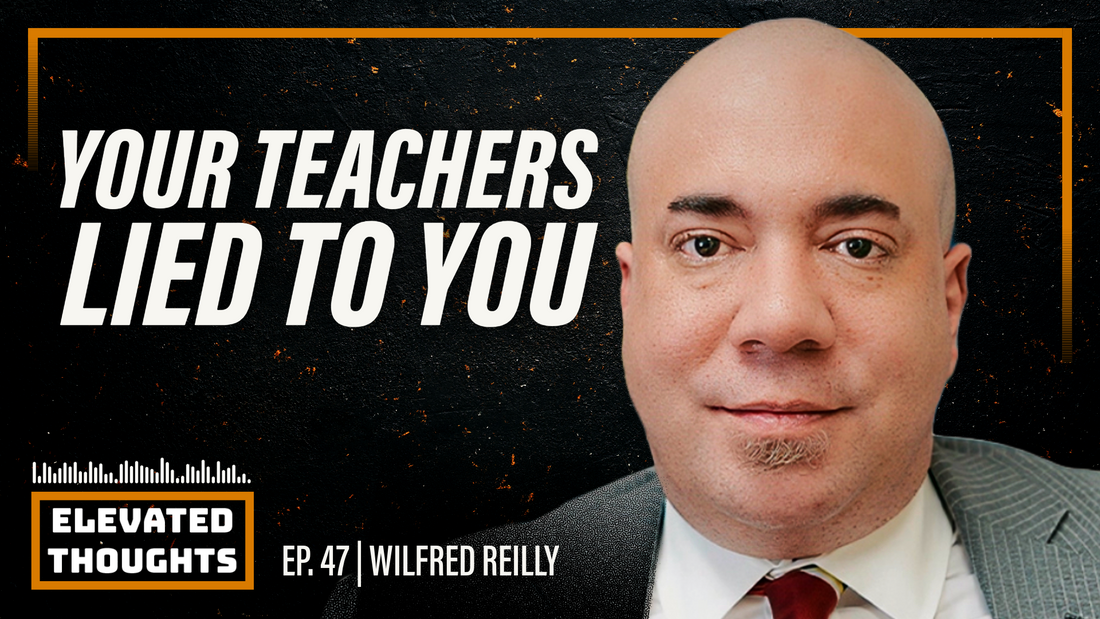
Episode 47: Are “Dorm Room Narratives” Rewriting American History?
Share
In Episode 47, Mike and I sit down with Dr. Wilfred Reilly—political scientist and author known for taking high‑temperature cultural claims and stress‑testing them with basic data—to ask a blunt question: how many stories shaping classroom debates, media outrage, and policy talking points survive even elementary statistical adjustment?
Reilly walks through how headline disparities get treated as automatic proof of a single cause while age, region, education, and crime environment are left out of the frame. When you control for those, he argues, a chunk of the “inevitable systemic” narrative loses precision—and that precision matters if you actually want solutions instead of slogans.
We also get into his cataloging of alleged hate‑crime hoaxes and why the Jussie Smollett moment unintentionally amplified his first major book. That story becomes a case study in media incentive structures: theatrical incidents travel faster than sober follow‑ups, rewarding people who tell moral fables instead of documenting messy edge cases.
From there the conversation widens: World War II moral revisionism that tries to flip accepted villains and heroes; how colonial history gets judged against a utopian vacuum rather than realistic contemporaries; and the line between honest heterodox inquiry and pattern‑seeking that always tilts in one racial or ideological direction. Reilly’s filter is pragmatic—separate selective framing from genuine questions so everything challenging orthodox claims isn’t lazily labeled “extremist.”
Finally, we touch audience capture: what happens when commentators edge farther out because each spike of outrage creates a new baseline. Reilly’s prescription is an “adversarial information diet”—intentionally consuming sources that disagree so you can see where both sides converge (likely true) and where tradeoffs actually live. It’s the same ethic we’re pushing across recent episodes: clearing away emotionally satisfying shortcuts so we can argue on firmer ground
If this snapshot raised questions about how often hoax narratives appear, which historical reframings hold water, or how to vet data claims before you adopt them, listen to the full Wilfred Reilly episode—there’s more candid back‑and‑forth (including a media stunt anecdote) than we could fit here.
